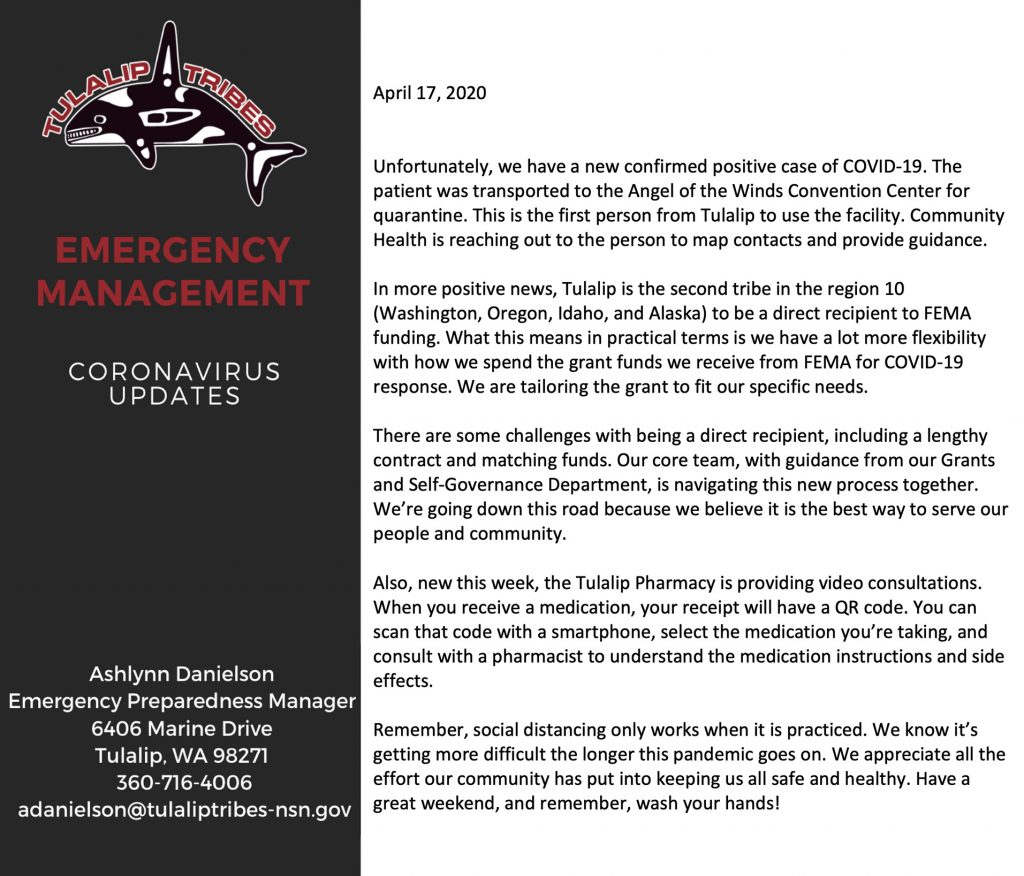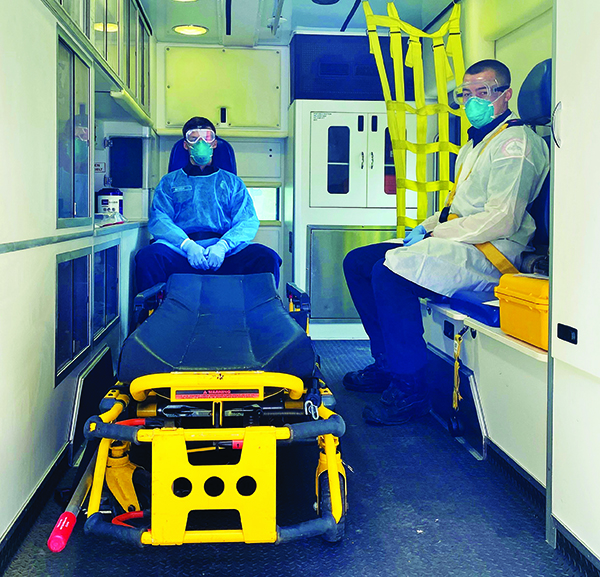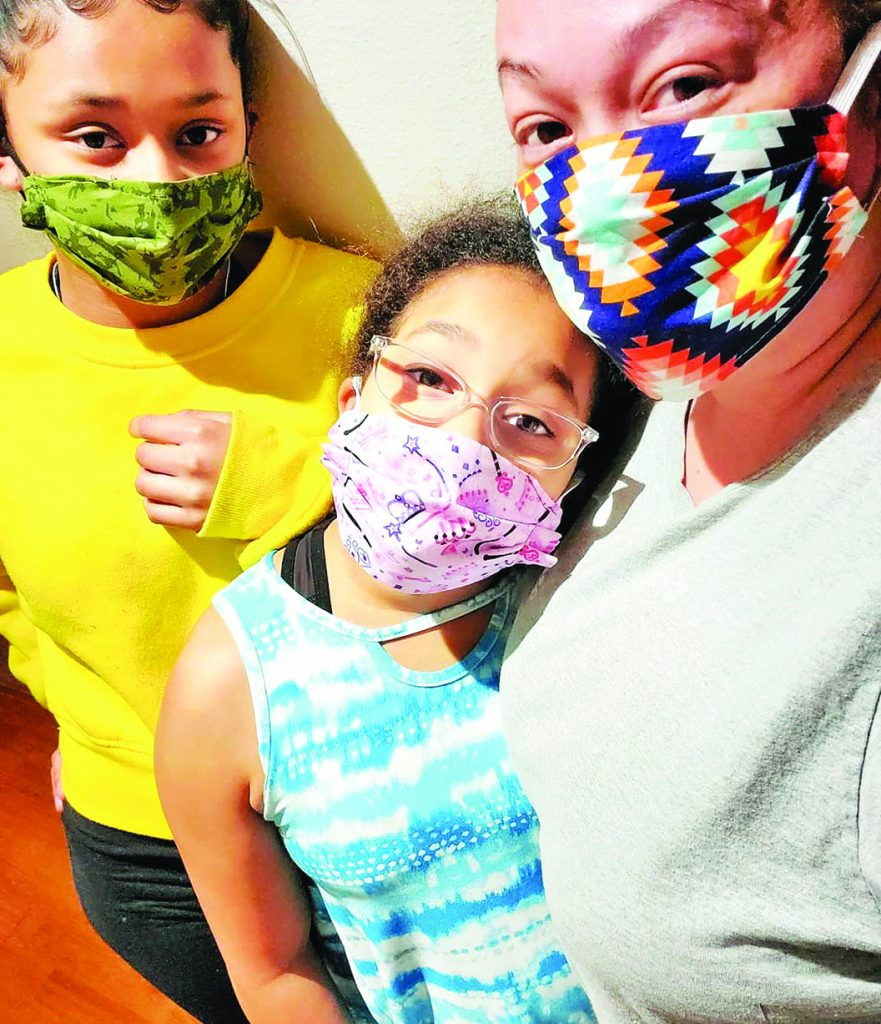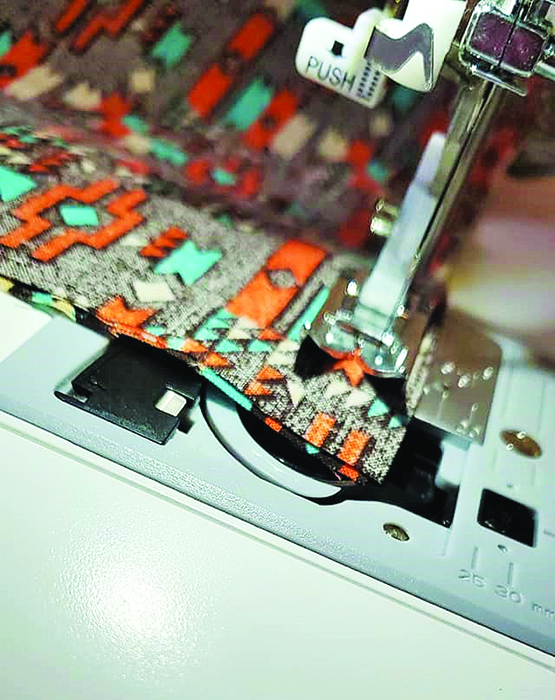
By Micheal Rios, Tulalip News
Every 10 years the United States Census Bureau attempts an astounding task to count each and every person in the country. The Constitution requires a census every 10 years to determine how many seats each state will have in the House of Representatives. More importantly, census data also helps guide how billions of dollars in federal, state, and tribal funding are distributed.
Accurate census data leads to fairer distributions of funds that support tribal programs in meeting community member needs, such as housing, education, elder programs, healthcare, childcare programs, and economic development. Put simply, having accurate representation means making sure you are counted, and by being counted you bring more federal money to Tulalip that benefits the entire reservation. Each person counted equals $3,000 of potential funding for our community.
As of Monday, April 20th, official numbers provided by the Census Bureau list Tulalip with a 47.3% response rate. That means a little less than half of all Tulalip households have responded to the 2020 Census via self-responses online, by phone, or by mail.
To those households who responded to the census already, a huge thank you for being proactive. For the rest of you 52.7% of households yet to make yourselves counted, the good news is there’s still time. The U.S. Census Bureau has extended the census deadline to October 31 in the wake of the COVID-19 pandemic.
“The 2020 Census is our chance to be visible, to be heard, and for our tribal nations to be recognized,” stated Kevin Allis, CEO of the National Congress of American Indians. “Being counted means standing up for yourself, your family, and your tribal community. Our people, our nations, and our future depend on each one of us to complete the census form. This is our opportunity to make a difference – the time is now. Let us join together and make 2020 the year that Indian Country counts!”
Despite the lengthy history and expansive impact of the U.S. census, Native Americans have historically been undercounted. This history of inaccuracy costs millions of annual tax dollars to Indian Country that would otherwise be used to improve public programs such as schools, roads, and other forms of critical public infrastructure.
Not being counted hurts Indian Country and on the local level, hurts Tulalip. Tribal leaders and the Census Bureau hope that focusing on designated hard-to-count communities and improved technology will help produce a more accurate count this year. In 2020, for the first time ever, citizens are able to respond to the census online.
“I want to tell every [Native American] to be counted as an act of rebellion because this census is designed not to count you,” declared Natalie Landreth (Chickasaw), a senior attorney for the Native American Rights Fund, to Indian Country Today. “It is designed for you to not have congressional districts. It is designed for you to not have federal monies. Make yourself heard because they don’t want to hear from you.”
The easiest and most efficient method for participating in the census is to fill it out online at my2020census.gov All Tulalip households should have received an invitation in the mail to participate in the census with a unique 12-digit Census ID. If you don’t have the 12-digit ID handy, then there is an online tool at my2020census.gov/app/intro/state to assist you.
The average time for a household to complete the census form online is only about ten minutes. Taking those critical minutes to be counted means standing up and being visible for yourself, your family, and your tribal community.
Your responses to the 2020 Census are confidential and protected by law. Personal information is never shared with any other government agencies or law enforcement, including federal, local, and tribal authorities.
It cannot be understated that accurate census data is essential for policymaking and funding for public roads and many other types of essential infrastructure. A lot of our federal programs are dependent on the numbers generated from the census. It impacts education. It impacts economic development. It impacts tribal housing. It impacts health care.
Now is the time to encourage family, friends, and neighbors to spread the work and participate in the 2020 Census. Don’t let the government short change Indian Country or Tulalip a single dollar of federal funding. Be visible and be counted!
For more information, visit www.census.gov OR for those intending to complete the census online please visit my2020census.gov/ to help shape our future.
How to be counted as Tulalip
For many reasons, it is important that Native households be counted in the 2020 Census. This depends on the race of “Person 1” or the first person listed on the census form. If that person says he or she is Native, then the household will be counted as one with a Native “householder”.
Saying that you’re American Indian or Alaska Native on the 2020 Census form is a matter of self-identification. No proof is required. No one will ask you to show a tribal enrollment card or a certificate of Indian blood.
To be counted as a Native citizen who is part of the Tulalip Tribes, you must complete two simple steps. Frist, check the box for American Indian or Alaska Native. Second, make sure to write in your enrolled tribe. For Tulalip tribal members this means writing in Tulalip Tribes.
As far as the Census Bureau is concerned, the listing of a person’s tribe is entirely a matter of what the person writes in. No proof of the person’s relationship to that tribe is required. It’s all a matter of self-identification.
















